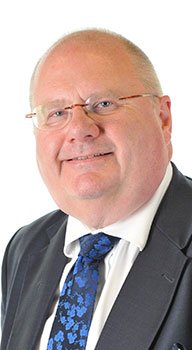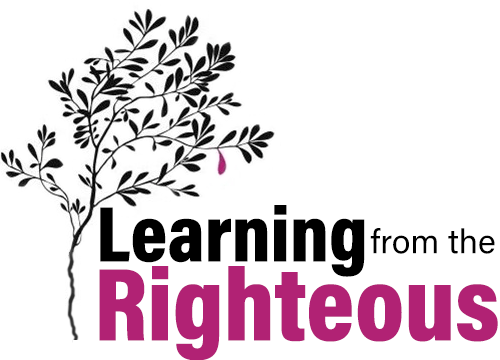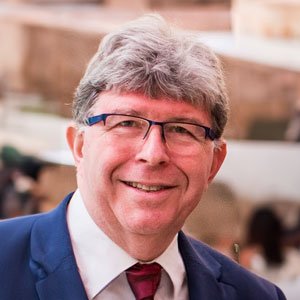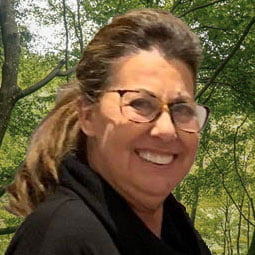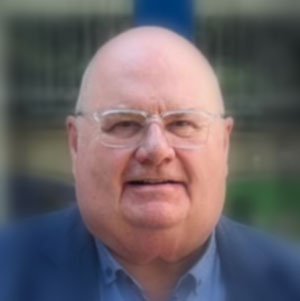Who We Are
We're a small group of people commited to changing the world one story at a time.
Antony Lishak
Educationalist and author Antony Lishak founded Learning from the Righteous in February 2017, as a vehicle for Holocaust learning and commemoration. His career-long involvement in the field of Holocaust Education has been defined by the conviction that studying the stark choices made by the tragically few rescuers and resisters during The Holocaust, encourages us to reflect upon our own place in world. He was made an MBE for his services to Holocaust Education in the 2024 King’s New Years Honours List.
Learn more →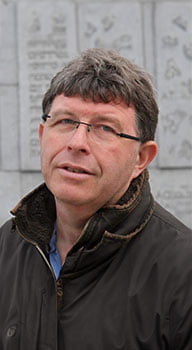
Karen Mantell
Karen Mantell is the daughter of Holocaust Survivor Lili Pohlmann MBE, who was honorary president of the charity until she passed away in 2021. We are delighted that Karen has agreed to represent us.
She lives in America and regularly returns to London, staying in the flat that she grew up in with her beloved mother. Lili’s indomitable spirit touched the lives of countless people and she is remembered fondly by all who were fortunate enough to meet her.
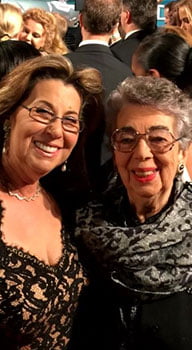
Lord Eric Pickles
Lord Eric Pickles, was MP for Brentwood and Ongar for 25 years. He was appointed the UK's Special Envoy for post-Holocaust issues in 2015 and, alongside Ed Balls, is currently co-chair of the UK Holocaust Memorial Foundation. Eric is commited to Holocaust commemoration. In his appearance on Radio 4’s Desert island Discs, in 2012, the book that he chose to take with him was his personal copy of Primo Levy’s “If This Be A Man”, which has been signed by every Holocaust survivor he has met.
Learn more →